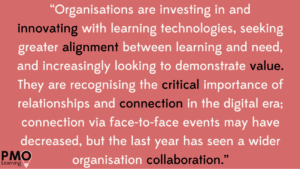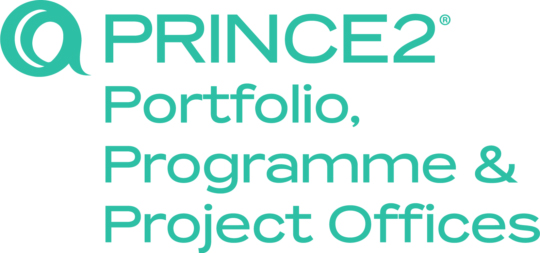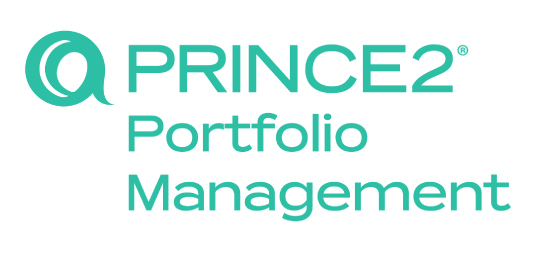In May 2021, the CPID, in partnership with Accenture, released a report entitled ‘Learning and Skills at Work Survey 2021‘.
The report was commissioned to understand how the past year has impacted learning and development (L&D) within organisations – and there have been several key findings from the report that we found particularly interesting.
The first key finding from the report was –
Around a third of organisations report reductions in budgets, L&D headcount and use of external consultants.
Throughout the past year, for many organisations there have been unique time and resouce pressures, which may have led to cuts being made to learning budgets.
As a response to this, we may be reluctant to propose training ideas to those in L&D.
However, the answer is not to avoid training all together – even when resources and budgets are under pressure, learning and training are still hugely important to both indvidual, and team deverlopment.
Perhaps we can consider alternative methods of training that may also be more appropriate for adjusted budgets. A huge variety of training courses are available in eLearning or Distance Learning options, and can often be more cost effective than other training options.
The variety of only course options now available can also allow you to complete training specific to your needs – whether that be P3O® certifications, PRINCE2®, Better Business Cases or beyond.
Another finding from the report is that it is crucial to:
Harness the wider learning environment. Relationships and human connectivity are even more crucial in the digital era.
The report suggests that key ways to do this are ‘at team level making connections with existing knowledge and collaborating with peers to drive performance, and on an individual level supporting and encouraging them to apply their learning.’
A fantastic way to do this is by taking training in-house. Not only are in-house training courses often more cost effective for training large groups, or even a whole team.
Often an in-house course provides an opportunity to step back and check that everyone has the same level of understanding – you’ll be surprised how much this varies between individuals in the team.
It’s also a great opportunity to get everyone up to the same base level of knowledge, for example it can be especially beneficial if you have new staff starting to work with established members of the team.
If you’d like to discuss any of our courses to be taken in-house at your organisation, you can get in touch with us with an in-house PMO training enquiry here.
The report also found that,
Despite the seismic shift to digital learning, take-up of technologies that have the potential to make learning more engaging and effective, remains low.
This is where it becomes extremely important to ensure that you’re choosing a great training company that makes online learning truly engaging and useful for your team.
Here at PMO Learning, we pride ourselves on providing virtual classroom training that is as engaging as in person courses. We use a variety of tools such as Trello, Miro and Menti to test your knowledge, help you engage with the course content, and interact and develop connections with other delegates.
Although you’re learning virtually, your experience should still be enriching and insightful – not ‘death by PowerPoint’!
The final key finding we will be looking at is,
Organisations are more confident about their ability to address current skills gaps, with 72% reporting that they are able to effectively tackle skills gaps.
This is fantastic news – by being able to effectively tackle gaps in our skills, we can complete training that is specific to the needs of our PMO.
For those of us who may feel that they are struggling to address skills gaps within their team, or organisation, tools such as the PMO Competency Framework can be fantastic for PMO professionals to understand, assess and develop the skills, behaviours and experience to achieve their PMO goals and career potential.
We also have a blog post that outlines how to use the PMO Competency Framework effectively, and how to address your skills gaps.
This post has only covered some of the findings of the Learning and Skills at Work Survey 2021 but it has certainly given us a lot to think about. Let us know what you thought of the report below!
References used:
The P3O® courses on this page are offered by PMO Learning. P3O® is a [registered] trade mark of AXELOS Limited. All rights reserved. P3O® is a registered trade mark of AXELOS Limited, used under permission of AXELOS Limited. The Swirl logo™ is a trade mark of AXELOS Limited, used under permission of AXELOS Limited. All rights reserved.
Enjoying Our Blog?
Sign up and receive all our articles (we’ll send you an update once a week!) plus special offers and events:
This post contains affiliate ad links.









